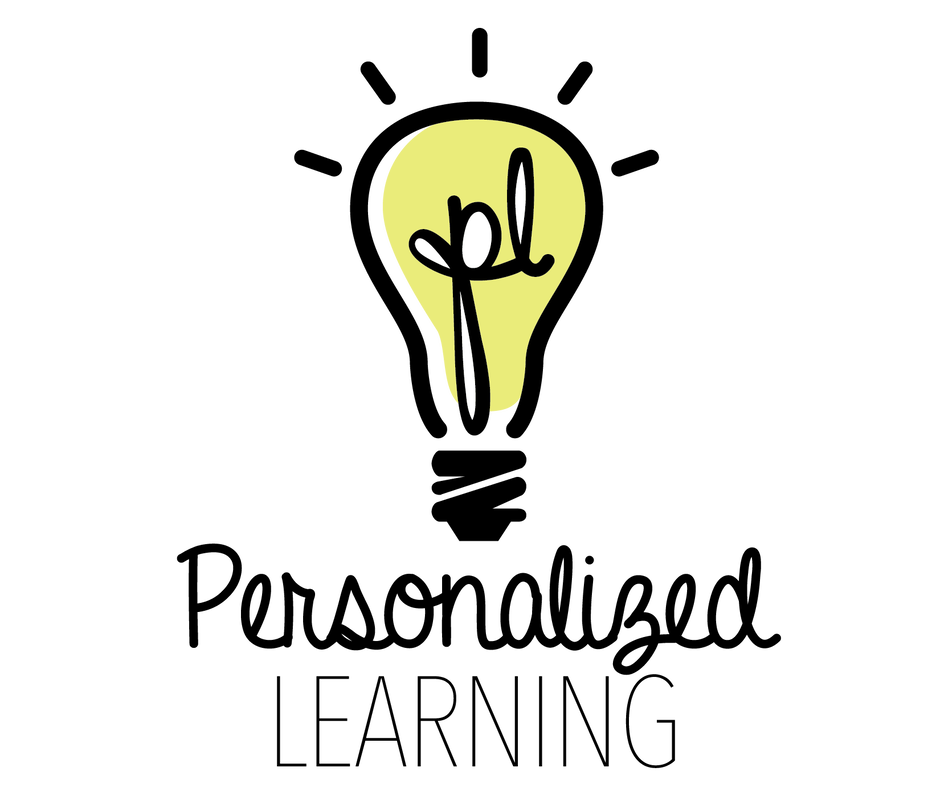Classroom Culture
Phase 4
"Look-Fors" During Observation
Remember: The most helpful part of the observation is not checking off items, but the conversations and reflections that happen after the visit.
Remember: The most helpful part of the observation is not checking off items, but the conversations and reflections that happen after the visit.
|
Beginning/ Practicing
|
Developing/ Achieving
|
Questions to Guide Observation
- Are all students expected to demonstrate similar behavior or are individual identities evident and supported?
- Does the learning community work collaboratively often and in different groupings?
- Do students feel that they belong to the learning community and are helping their peers?
- Is the discourse in the classroom supportive of all within the context of the learning community?
- Do you see opportunities for students to explore their passions, interests, strengths?
Resources
- Motivation, Engagement, and Student Voice by Drs. Eric Toshalis and Michael Nakkula synthesizes the research on motivation, school engagement and student voice. The full report is well worth reviewing but the section on How Student Voice Can Elevate Motivation and Engagement is particularly helpful for context setting.
- Why Teens should Understand their Own Brains (And Why their Teachers Should too!): This article talks about the importance of understanding and teens themselves understanding their brains in order to better empower their learning.
- Teaching Tolerance Speak Up at School: How should educators respond when someone—a student, a colleague, even a parent—uses biased language or stereotypes in school? This guide is for educators who want to develop the skills to speak up themselves and who want to help their students find the courage to speak up too.
- Identity Safe Classrooms: An Interview with Dr. Dorothy Steele: "Identity safe classrooms are those in which teachers strive to ensure students that their social identities are an asset rather than a barrier to success in the classroom. Acknowledging students' identities, rather than trying to be colorblind, can build the foundation for strong positive relationships. This, coupled with challenging opportunities to learn, can help all students begin to feel they are welcomed, supported, and valued as members of the learning community." —Dr. Dorothy Steele
- Fairness, Bias, and Cultural-Responsiveness Checklist: "This checklist can be used to evaluate a specific assessment/performance task to check for fairness and cultural responsiveness and to eliminate bias and stereotyping."
- How Da Vinci Schools Built an Instructional Model Around 'Failure': “When you treat students with respect and give them responsibility, they succeed,” says Da Vinci Science Vice Principal Erin D’Souza, noting that the schools also has no bells and that it’s up to the students’ to own their schedule."
- Jeff's Approach to Collaboration and Communication: "Communicating and collaborating with both colleagues and students' families is crucial in a blended environment." Jeff collaborates with his colleagues among and across grades in his school and across the country via Professional Learning Communities to better student learning experiences and outcomes.
- Exploring Safe and Motivating Environments Toolkit: This toolkit provides numerous resources for how to create safe and motivating environments for students so that they can pursue their passions, identity, and deepen their learning.
| Sense of Purpose, Coaching Tool | |
| File Size: | 733 kb |
| File Type: | docx |
| Sense of Purpose, Coaching Tool | |
| File Size: | 220 kb |
| File Type: | |


